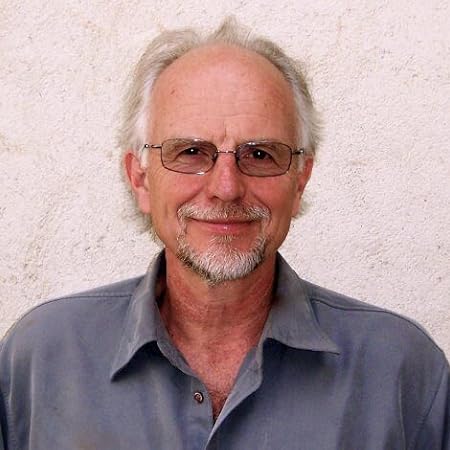It has long been the therapist's habit to stick to things inner, to concentrate on people's _in_timate relationships. There's been great value in this, helping others to deepen their sense of self and manage the complexities of life. But as the late James Hillman pointed out: "We've had a hundred years of psychotherapy and the world is getting worse."
In an era of ever-widening economic inequality, with refugees fleeing endless wars, when what the news and our elected leaders tell us is increasingly dubious, when all that seems to matter is to "get the best deal", it no longer makes sense to exclude the outer context of our clients' lives. To that end, I recommend Rod Tweedy's recent anthology The Political Self: Understanding the Social Context for Mental Illness.
Why politics affects mental health
Of course, we have to steer clear of the kind of emotive debate we are used to in our adversarial mainstream media, but we must acknowledge that people are greatly affected by the growing political, economic and environmental crisis - especially the young whose future it is. Surely our profession should not ignore it?
We also know that when people are not listened to they have a tendency to act out, and those who are loosing out under globalisation have become prey to fear-mongers of the Far Right. To help our clients find meaning in these anxious days we may wonder whether the current regression is but a painful lead-up to a profound transition our world is attempting to make. This is the view of entrepreneur and political activist John Bunzl, who in 2013 invited me to collaborate on setting out the psychology underpinning the current impasse in world politics.
Bunzl argues that national governments cannot tackle world problems because of the 'international competitiveness' agenda, widely accepted as a good thing and massively intensified by the globalization of communications, corporations, financial transactions and now labour. No government can address what matters to citizens, such as climate change or tax evasion, without becoming uncompetitive. This undermines governance and leaves us with 'pseudo-democracy': no political party can be anything than the business-as-usual party.
This stalemate is not unchangeable, but here is where the external world badly needs an inner perspective - in fact, an inner revolution.
First we have to acknowledge that governments and citizens are still in denial about the game-changing, global reality that globalization represents. Next, we have to let go of some parts of our cherished identity, such as the 'myth' that nations can remain sovereign, and adopt a new world-centric way of thinking. Shrinking identity in times of anxiety is autonomic; transforming and enlarging identity is doable, but not easy. This is why our book follows Elizabeth Kübler-Ross's Five Stages of Grieving, to lead readers out of denial, anger or bargaining, into full acceptance of the new reality.
Then we are ready for Bunzl's new cross-party, policy-based democratic strategy, "Simpol" Simultaneous Policy , that uses voting creatively to break the vicious circle of destructive global competition. Simpol is a deceptively simple, bottom-up citizens' campaign designed to break the stranglehold by applying effective electoral pressure through which voters can drive politicians to implement cooperative global solutions. Visionary but pragmatic - "win-win" solutions are part of the design structure, ensuring no nation loses out without adequate compensation. The Simpol campaign is already in early operation and supported by thought-leaders and a growing number of politicians around the world.
We know we have the psychological tools to change our lives from the inside out; don't we need now to offer the same to our world, for the sake of coming generations?





